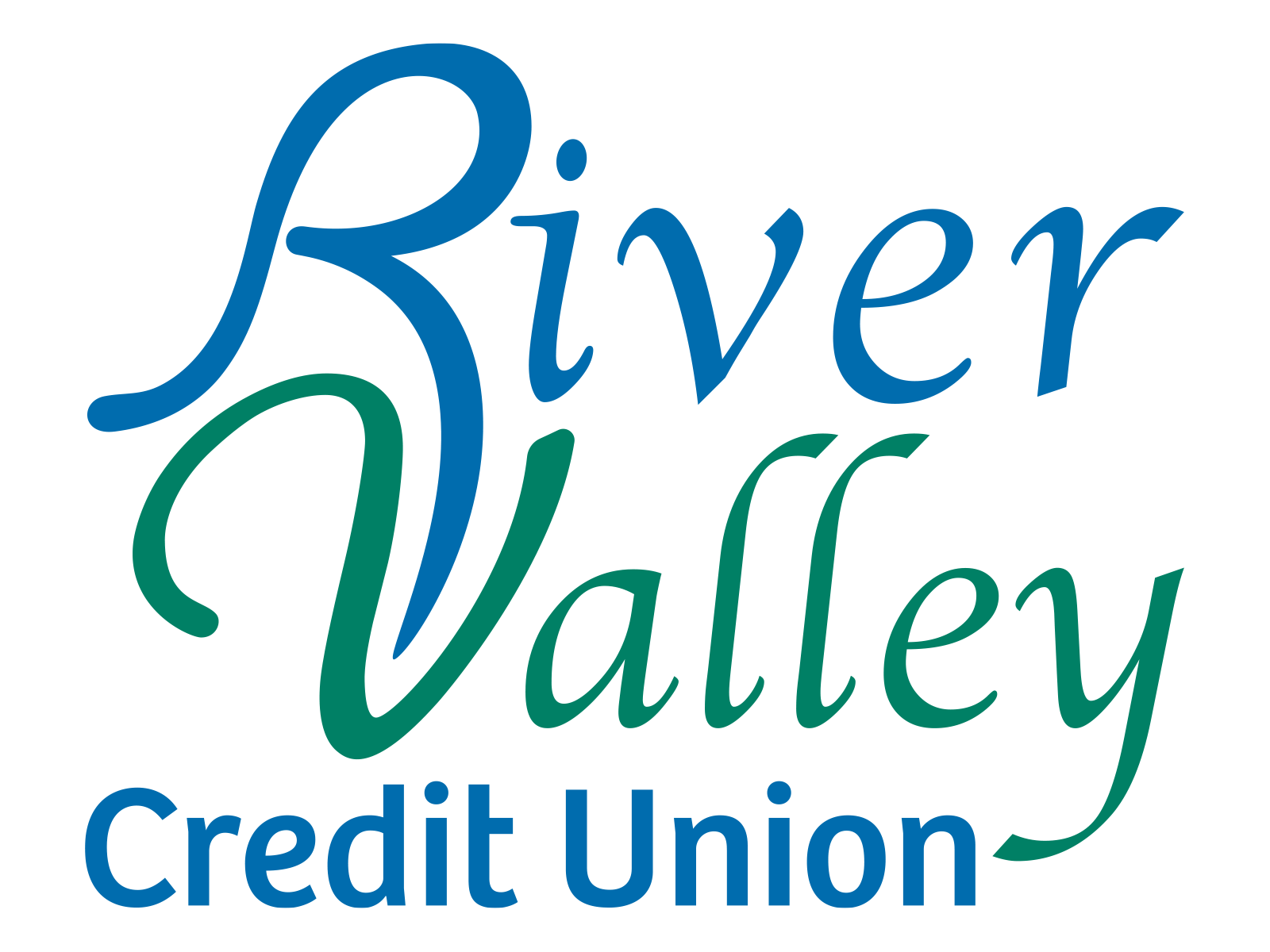
In the realm of personal finance, two essential tools are the debit card and the credit card. While they might look similar and are both used for transactions, they serve different purposes and have distinct features. Understanding these differences can help you manage your finances more effectively and make informed decisions about spending and borrowing.
What is a Debit Card?
A debit card is directly linked to your checking account. When you use a debit card to make a purchase, the money is immediately withdrawn from your account. It’s essentially an electronic check.
Key Features of a Debit Card:
- Direct Spending: Money is taken directly from your checking account.
- No Interest Charges: Since you are using your own money, there are no interest charges.
- Spending Limit: Your spending limit is the amount of money you have in your account.
- Immediate Deduction: Funds are deducted immediately upon making a purchase.
- No Debt Accumulation: You can only spend what you have, so there’s no risk of accumulating debt.
What is a Credit Card?
A credit card, on the other hand, allows you to borrow money from the card issuer up to a certain limit to make purchases or withdraw cash. You are required to pay back the borrowed amount, usually with interest, unless you pay the full balance by the due date.
Key Features of a Credit Card:
- Borrowing Funds: You are borrowing money from the credit card issuer.
- Interest Charges: If the balance is not paid in full by the due date, interest charges are applied.
- Credit Limit: You have a set credit limit determined by the card issuer.
- Flexible Payment: You can pay the minimum amount due, the full balance, or any amount in between.
- Credit Score Impact: Responsible use can help build your credit score, while missed payments can harm it.
Pros and Cons
Debit Card Pros:
- No Interest: Since you’re using your own money, there’s no interest to pay.
- No Debt: You can’t spend more than you have, which helps avoid debt.
- Ease of Use: Funds are deducted immediately, making it easier to track your spending.
Debit Card Cons:
- Limited Fraud Protection: While protections are improving, credit cards often have better fraud protection.
- No Credit Building: Using a debit card does not help build your credit score.
- Potential Overdraft Fees: If you spend more than your balance, you might incur overdraft fees.
Credit Card Pros:
- Build Credit: Regular, responsible use can improve your credit score.
- Rewards and Perks: Many credit cards offer rewards like cashback, travel points, or other perks.
- Fraud Protection: Credit cards typically offer robust fraud protection.
Credit Card Cons:
- Interest Charges: If you carry a balance, you’ll pay interest, which can be high.
- Debt Risk: It’s easy to overspend and accumulate debt.
- Fees: There may be annual fees, late payment fees, and other charges.
When to Use Each Card
Use a Debit Card When:
- You want to avoid debt and interest charges.
- You need to stick to a strict budget.
- You’re making everyday purchases and want immediate deduction from your account.
Use a Credit Card When:
- You want to build or improve your credit score.
- You can pay off the balance in full each month to avoid interest.
- You want to take advantage of rewards and perks.
- You need extra protection for larger purchases.
Conclusion
Both debit cards and credit cards have their place in personal finance. Understanding their differences and using them wisely can help you manage your money more effectively, avoid unnecessary debt, and even benefit from rewards and improved credit scores. Always assess your financial situation and spending habits to decide which card to use for different types of transactions.
Interested in learning more about our card options? Contact us today!
OpenAI. (2024). ChatGPT (4)
